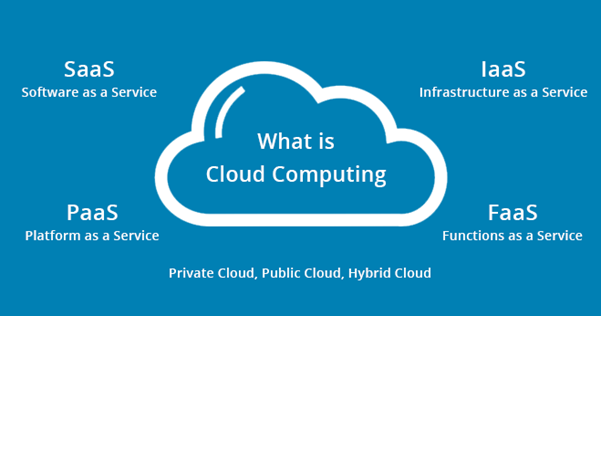Every calamity, though painful, brings with it, new opportunities / new avenues of growth. Like they say, that every cloud has a silver lining. Recent pandemic has been a real catalyst of growth for some sectors like IT, Healthcare and even retail. Industries have found new models of delivery (notable example being work-from-home model for IT and IT enabled industry). Some businesses quickly adapted hitched on some existing business models giving a flip to those businesses. For example, restaurants have piggy backed on Swiggy and Zomato to deliver their products. Retail sector such was Shoppers Stop and Croma suddenly started focusing on their online presence.
A lot of companies on the other hand, discovered to their dismay, that they could have continued with their operations had their data such as books of accounts, sales orders, customer ledgers or vendor ledgers was not locked in the desktops or servers at office. Many people chose “on-premise” installations, over cloud-based installations, of ERP software for data safety reasons.
Many of them are now evaluating ERP on Cloud to understand how can it help them tide over future disruptions so that they can realize the benefits of working remotely. Besides the obvious benefits of remote working and reduction of employee overall cost there are many other advantages of going for ERP on Cloud. However, it may be worthwhile to carefully examine the options with respect to your specific requirement and business model with an emphasis on TCO (total cost of ownership).
There are 3 models to access for ERP Hosting. They are:
- On-premise servers with private VPN – Servers placed physically in your premises and secure pipeline to transfer data.
- Public Cloud – Computing resources provided by a Service Provider via Internet with resources shared with other with segregation and access rights secure such as Amazon Cloud, Azure Cloud etc.
- Private Cloud – A private cloudis a cloud service that is not shared with any other organization.
ERPs on public cloud provide us benefits such as
- Saving costs by providing flexibility to scale up/down infrastructure as per business need
- Reduce upfront investment by converting capital expenditure to operational expenditure
Private Clouds and VPN networks are typically more secure than public clouds. However, with increased demand for cloud services, public cloud service providers are not only strengthening security for their networks especially against phishing malware, DDOS attacks but also building incorporating AI/ ML.
Small and Medium Enterprises who may not have access to high quality IT skills may consider using services of independent ERP consultants who understand business systems and IT technologies.

